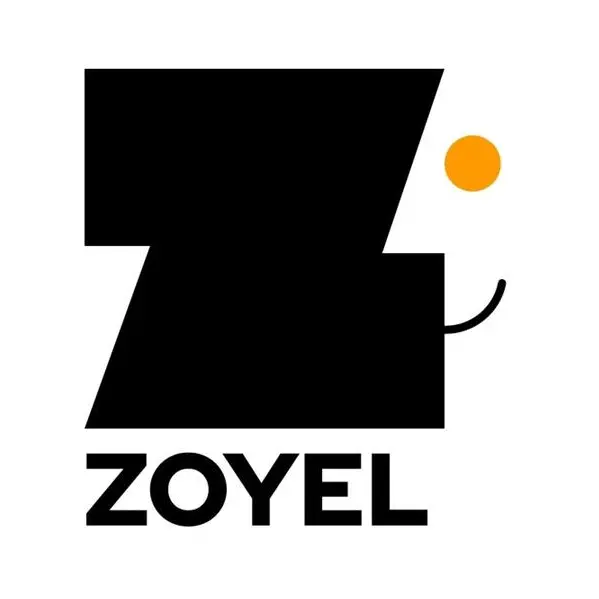Geneva: The International Air Transport Association (IATA) urged states to comply with recommendations on international travel from the World Health Organization’s International Health Regulations (2005) Emergency Committee on testing and risk management during the COVID-19 pandemic. In particular, IATA highlighted the following recommendations for states:
- “Do not require proof of vaccination as a condition of entry.”
IATA believes that the freedom to travel across borders should not be limited to those who are able to be vaccinated. It does, however, support governments opening borders to those who have been vaccinated and that testing should also play a key role where vaccination is not possible. Together—testing and vaccination—are key measures for states to safely reopen their borders and restore freedom of movement while managing the public health risks of COVID-19.
- “Implement coordinated, time-limited, risk-based, and evidence-based approaches for health measures in relation to international traffic. “
IATA strongly supports risk-based measures to safely manage international travel. Most scientists believe that COVID-19 will become endemic and that society will need to learn to live with the virus. The air transport industry manages multiple risks—technical, natural, geopolitical, etc.—to maintain safe operations. In line with this recommendation, IATA continues to call on governments to work with the industry to establish plans to safely reconnect their people and economies via air transport based on clear benchmarks for reopening and testing/vaccination protocols to manage risks.
- “Reduce the financial burden on international travelers for the measures such as testing, isolation/quarantine, and vaccination, in accordance with Article 40 of the International Health Regulations.”
IATA firmly believes that government-mandated public health measures to manage the risks of COVID-19 should not be a financial barrier to travel. States agreed that the cost of mandatory measures such as testing should be borne by the government in Article 40 of the International Health Regulations. This should not be forgotten in a pandemic. With the cost of PCR testing at US$100 at the low-end and the requirement for multiple tests for a single journey, this could easily make flying unaffordable for individuals and families – reversing decades of progress to make the freedom to travel more accessible. The same applies to quarantine measures where mandated by governments.
- “Prioritize vaccination for seafarers and air crews.”
IATA strongly supports the recommendation to prioritize air crew for vaccination. It will protect crew and underpin efficient operations. This is critically important during the crisis for global supply chains transporting vaccines, medicines and medical equipment required to combat the virus.
“If implemented, these recommendations will help governments manage the risks of COVID-19, keep their citizens safe and protect millions of livelihoods that are at risk. The goal is to safely return to more normal lives, including the freedom to travel, while managing the risks of COVID-19 which are likely to be with us for some time. Airlines are experts at risk management. It underpins safe and reliable daily operations. Governments should tap into the airline industry’s capabilities to help them implement efficient measures for testing and vaccination that can supersede the blunt instrument of quarantine. That could safely move us towards a more normal world with the freedom to travel and the opportunity to earn a living in the sector,” said Willie Walsh, IATA’s Director General.
Standards for Digital Documentation
The Emergency Committee also recommended that, “WHO produce interim guidance and tools related to standardization of paper and digital documentation of COVID-19 travel-related risk reduction measures (vaccination status, SARS-COV-2 testing and COVID-19 recovery status) in the context of international travel.”
IATA fully supports this recommendation. Secure global standards for travel health credentials are critical to avoid fraud and facilitate efficient passenger processing when travel scales up. Industry is ready with the IATA Travel Pass to manage testing and vaccination documentation for travel. Governments are also producing similar apps of their own. But without global standards, these efforts will remain disjointed and never reach their full potential.
“Agreement on a digital standard for testing and vaccination documentation is a critical next step. Without globally recognized standards to prove that someone has been vaccinated or tested, the potential for frustrated travelers, fraudulent actors and overwhelmed border authorities is very real. Work needs to be accelerated or the eventual restart will be defeated by mountains of paper,” said Walsh.
- IATA -
For more information, please contact:
Corporate Communications
Email: corpcomms@iata.org
- IATA (International Air Transport Association) represents some 290 airlines comprising 82% of global air traffic.
- You can follow us at com/iata for announcements, policy positions, and other useful industry information.
- COVID-19 media kit.
- Travel Pass news and media kit.
© Press Release 2021
Disclaimer: The contents of this press release was provided from an external third party provider. This website is not responsible for, and does not control, such external content. This content is provided on an “as is” and “as available” basis and has not been edited in any way. Neither this website nor our affiliates guarantee the accuracy of or endorse the views or opinions expressed in this press release.
The press release is provided for informational purposes only. The content does not provide tax, legal or investment advice or opinion regarding the suitability, value or profitability of any particular security, portfolio or investment strategy. Neither this website nor our affiliates shall be liable for any errors or inaccuracies in the content, or for any actions taken by you in reliance thereon. You expressly agree that your use of the information within this article is at your sole risk.
To the fullest extent permitted by applicable law, this website, its parent company, its subsidiaries, its affiliates and the respective shareholders, directors, officers, employees, agents, advertisers, content providers and licensors will not be liable (jointly or severally) to you for any direct, indirect, consequential, special, incidental, punitive or exemplary damages, including without limitation, lost profits, lost savings and lost revenues, whether in negligence, tort, contract or any other theory of liability, even if the parties have been advised of the possibility or could have foreseen any such damages.



















